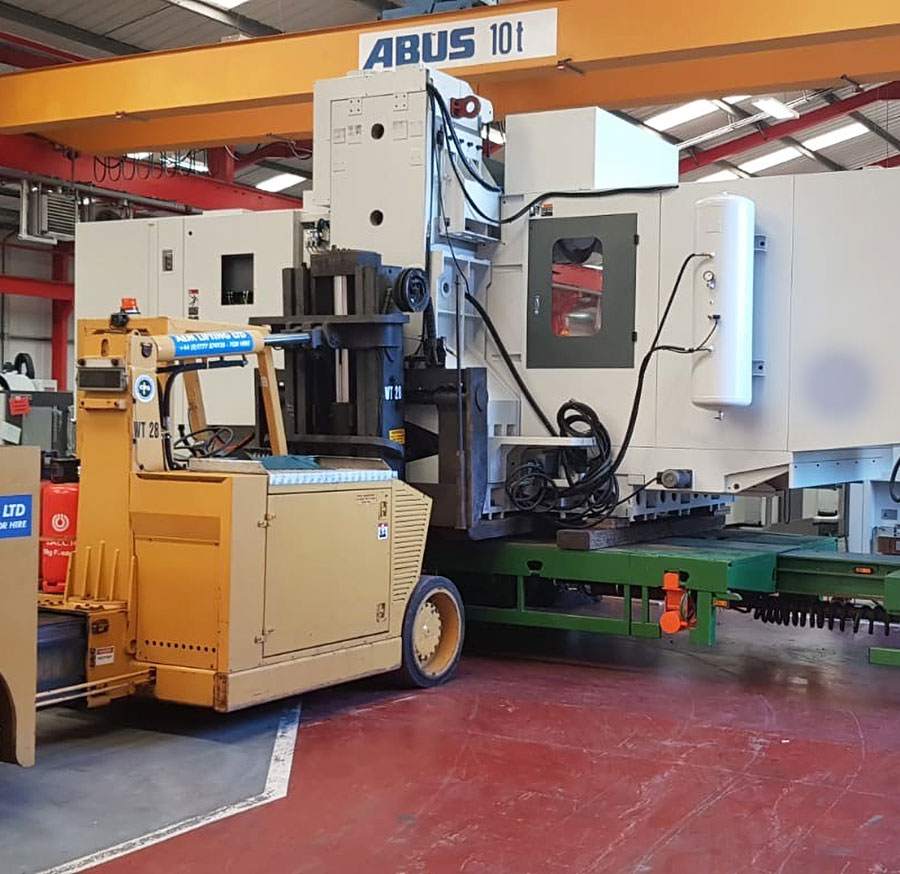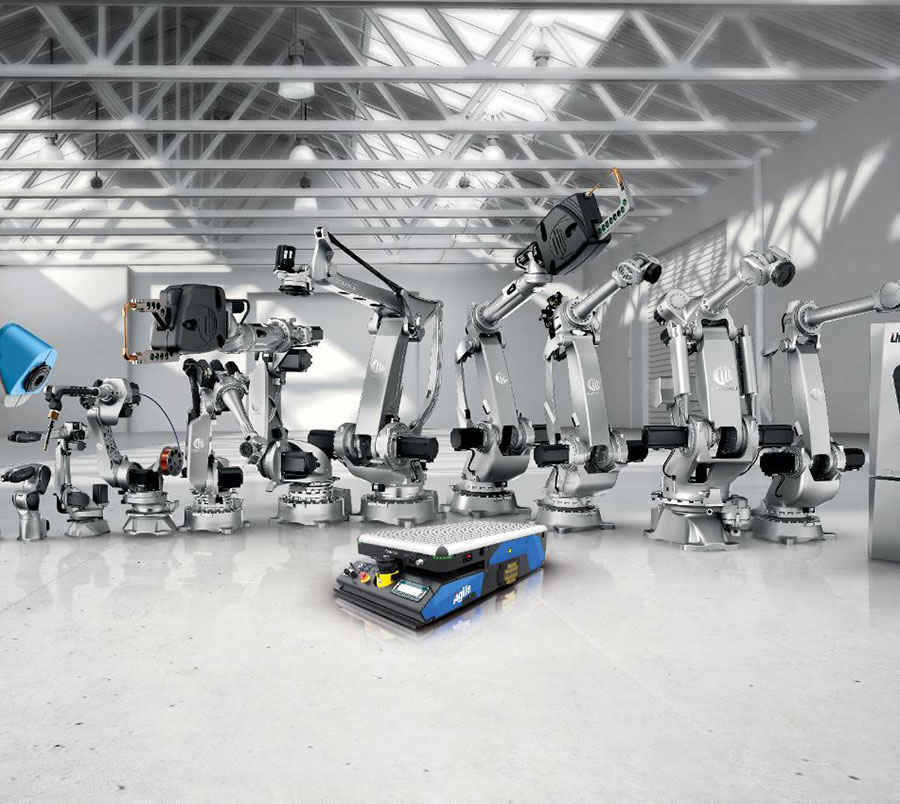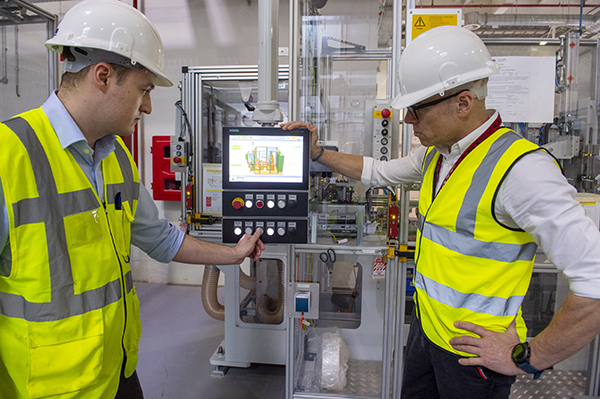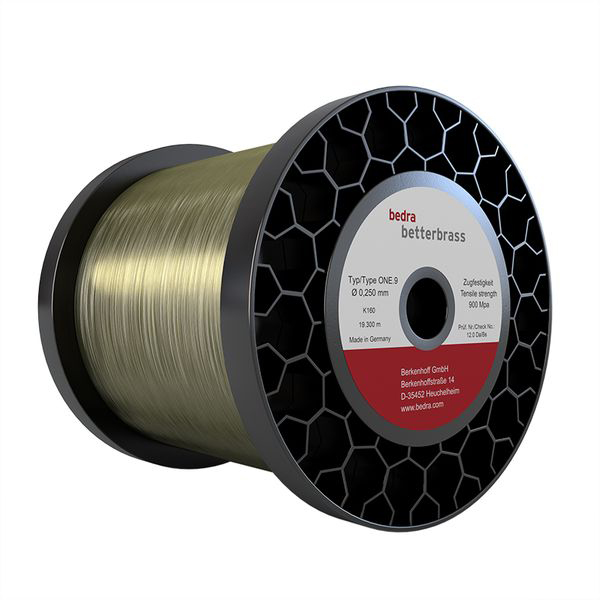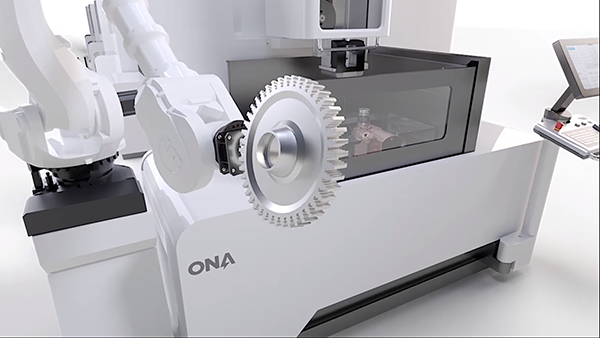While the COVID-19 pandemic has caused unprecedented concern for many in the manufacturing sector, there remains an air of positivity.

For example, machine orders continue to be taken by XYZ Machine Tools and, as a result, deliveries continue to take place on a daily basis to customers across the UK and further afield. A case in point is the recent despatch of an XYZ 3010, the largest vertical machining centre in the XYZ range, to Pendle Engineering in Nelson, Lancashire.
The XYZ 3010, which weighs in at 25 tonnes, is the fourth XYZ machine purchased by this fabrication and CNC machining specialist. Pendle’s decision to make the investment at this time was driven by the confidence it was seeing from customers, while at the same time delivering a significant increase in machining capacity with its axis travels of 3000 x 1000 x 800 mm, backed by an 8000 rpm spindle. Pendle Engineering now has the capability to machine pieces weighing up to 4000 kg.
“Our subcontract steel manufacturing services are supplied to a broad range of sectors, and the encouraging levels of customer demand gave us the confidence to invest,” says Chris Smith, managing director at Pendle Engineering. “This new machine not only bolsters our existing capacity, but allows us to bring the machining of larger (>1 m) workpieces in-house. These unprecedented circumstances have without doubt added an extra dimension to our investment decision-making, but we’re planning for the long term and are delighted to be working with XYZ once again.”
XYZ Machine Tools has continued to support its customers throughout the pandemic and this has been rewarded by a steady influx of new machine orders. The company currently has around 50 machines in build and under pre-delivery test.
For further information www.xyzmachinetools.com






